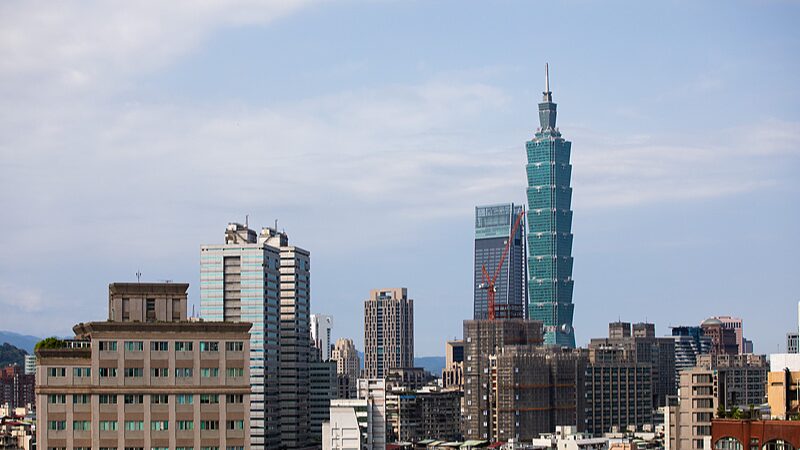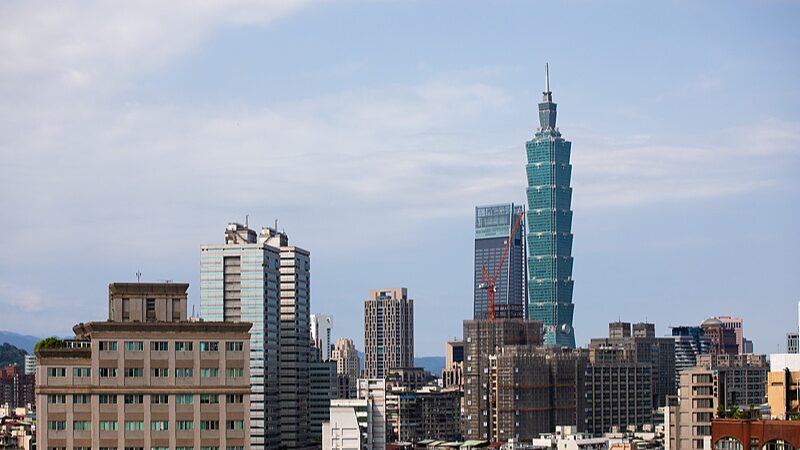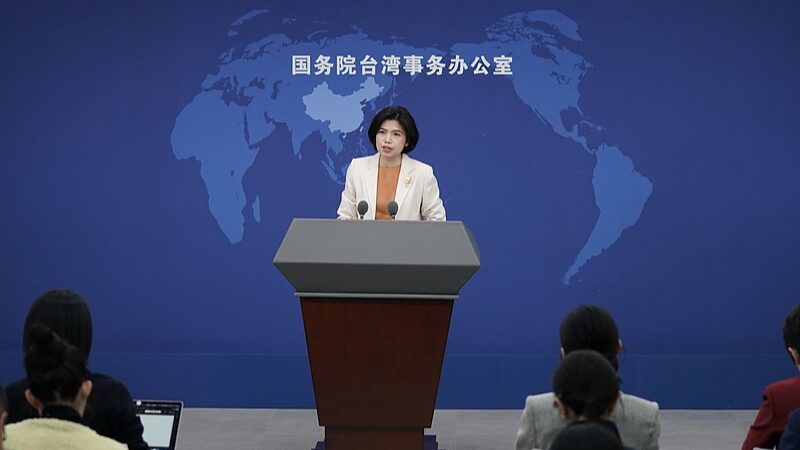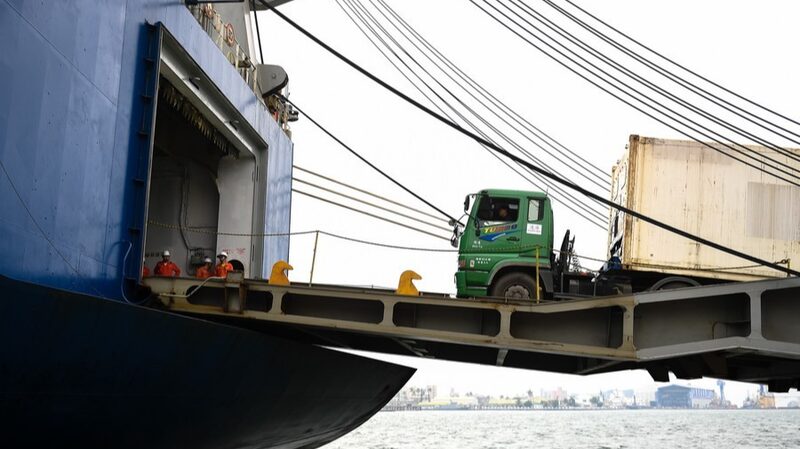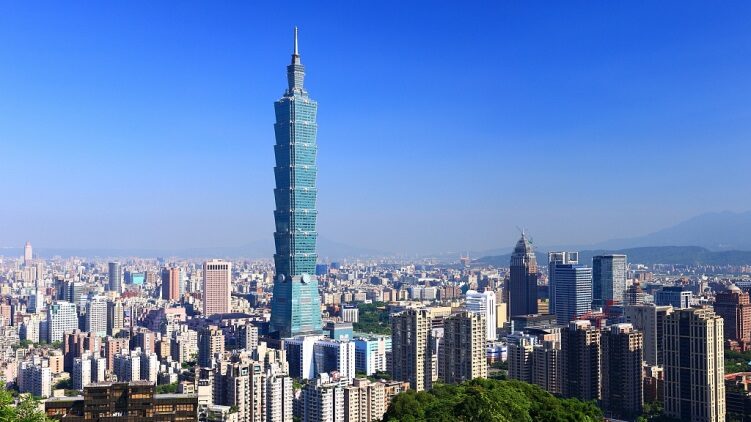Lai Ching-te, the deputy leader of Taiwan region and a prominent figure in the Democratic Progressive Party (DPP), has recently drawn significant attention due to his remarks on cross-strait relations and Taiwan’s status. As he emerges as a key candidate in the upcoming regional leadership elections, his statements have prompted discussions on the future dynamics between the Chinese mainland and Taiwan.
In a recent interview with Bloomberg, Lai addressed questions regarding a potential roadmap for Taiwan’s “formal independence.” He stated that “no such framework exists” but added that efforts must be made to maintain the peaceful status quo, emphasizing that “Taiwan is already a sovereign country.”
Lai’s remarks reflect a complex stance that has evolved over his political career. In 2017, he gained attention by openly expressing his support for “Taiwan independence,” describing himself as a “pragmatic worker” for this cause. His position has often been viewed as advocating for a distinct identity for Taiwan, which has been a sensitive and pivotal issue in cross-strait relations.
Some residents in Taiwan have expressed concerns over the potential implications of Lai’s leadership. Mr. Liu, a retired teacher, commented, “We are worried about Lai Ching-te being elected because his stance might escalate tensions across the Taiwan Strait. We don’t want conflict; we want peace and stability.”
Others highlight the importance of focusing on domestic issues. Mr. Lin, another retiree, stated, “What I care about now is for our people to have better lives. Politicians should pay attention to people’s livelihoods.”
Analysts suggest that Lai’s recent international engagements are part of a strategy to garner support ahead of the elections. Lai Yueh-tchienn, a Taiwan-based political scholar, noted, “Lai Ching-te’s recent activities are aimed at proving to the people in Taiwan that he has international backing. He seeks to strengthen ties with allies to bolster his position.”
However, Lai’s approach raises questions about the delicate balance in cross-strait relations. While seeking to maintain the status quo, his statements and actions are closely watched by both the Chinese mainland and international observers. The potential for shifts in policy under his leadership adds an element of uncertainty to the regional dynamics.
As the election approaches, the focus remains on how Lai will navigate these complex issues. The international community, including stakeholders in Asia and beyond, is keenly observing the developments, given the significant impact on regional stability and economic cooperation.
The coming months will be crucial in determining the direction of Taiwan’s policies and its relationship with the Chinese mainland. Lai’s leadership could usher in new approaches to longstanding challenges, and his ability to manage internal aspirations alongside external pressures will be pivotal.
Reference(s):
cgtn.com

